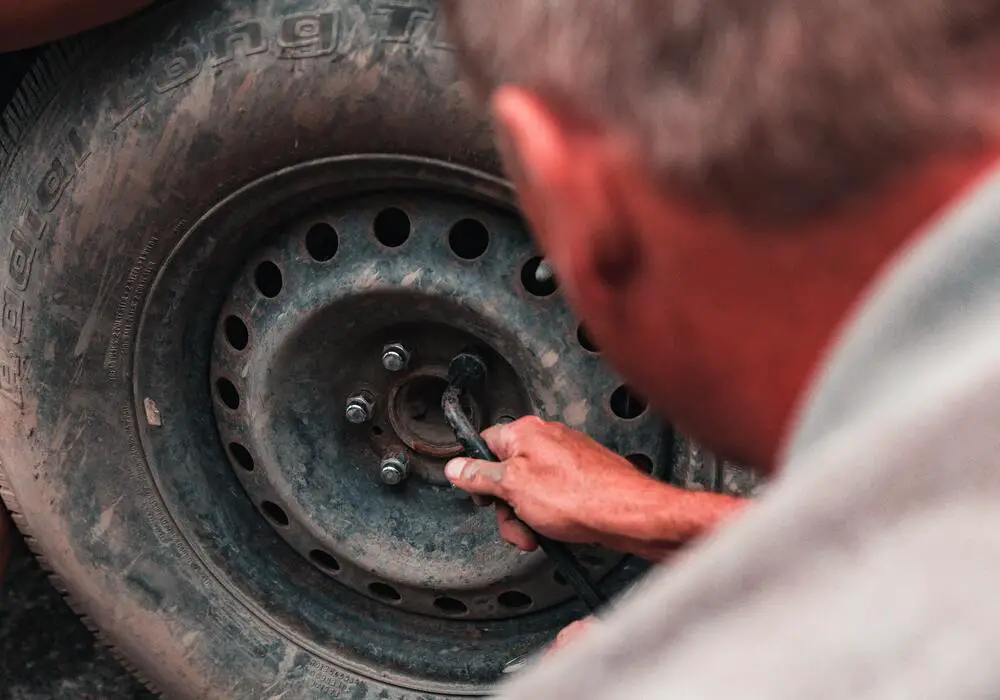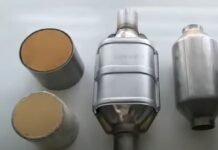Malfunctions in the vehicle can have many different causes. According to research, in most cases, car owners have the opportunity to prevent breakdowns. The following guide explains what are the most common vehicle malfunctions and how to avoid them.
1- Empty or defective batteries
According to the 2019 ADAC breakdown statistics, problems with the car battery are the most common cause of malfunctions. There are two main reasons for this: On the one hand, while the average age of vehicles has increased slightly, on the other hand, the electricity need of cars has increased continuously in recent years. As there are more and more electrical systems, from air conditioning to seat heating, the susceptibility to errors has also increased.
But in most cases, the reason the battery is dead is because the owner has not turned off electrical devices such as lights or radio. Therefore, check that all systems are turned off after each trip. It is also recommended that you follow all maintenance appointments. If your battery runs out quickly despite all this care, then it’s time to replace it with a new battery.
2- Tire punctures
According to various surveys, almost a third of drivers experienced a flat tire in a short time. Often, foreign bodies that get into the tires are to blame. But according to experts, punctures are often due to human error. Risk can be minimized by the following measures, among others:
- Regular visual inspection of tires for cracks and foreign objects
- Checking the air pressure regularly
- Correct storage of unused tires
- Careful driving on curbs and edges
- Maintaining maintenance intervals
- Retrofit with tire pressure monitoring system (TPMS)
3- Engine faults
Even if modern engine systems have a relatively long service life, more than 20 percent of all car owners are forced to stop driving due to the problem of engine overheating. If the vehicle has an engine failure, it is usually announced by increased oil consumption, loss of performance, or smoke.
Anyone who notices such signs should go to a mechanic as soon as possible to avoid major damage and the associated costs. A faulty engine cannot always be avoided. However, you can at least prevent your own carelessness from causing such a glitch:
- Check the coolant level from time to time.
- Use the right amount of suitable engine oil and avoid adding cheap oils to your vehicle.
- In addition to the engine oil, change the filter regularly.
4- Inoperative alternator
If a car is not starting, it is not necessarily due to the car battery. It is also possible that the alternator is faulty. This is the alternator that powers the vehicle and charges the vehicle battery.
Damage to the alternator is usually announced by a whistling sound and a flashing warning light. The vehicle then travels a certain distance, but in this case replacing the component cannot be avoided.
5- Defective ignition system
Spark plugs are used to ignite the fuel and air mixture with a spark. They are parts that wear out over time, so they naturally fail at some point. A faulty ignition system is noticed by a clicking noise or engine misfire.
You can prevent such a malfunction by changing the spark plugs at regular intervals. Depending on the design, there are distinct differences in mileage. Ordinary spark plugs usually last up to 30,000 kilometers, while platinum and iridium plugs reach up to 100,000 kilometers.
6- V belt problems
V-belt transmits engine power to auxiliary units such as hydraulic pump or alternator. If the V-belt breaks, the water pump will not work either, so the engine will quickly overheat. You can see if this condition exists by looking at the temperature gauge.
Other signs of a torn V-belt are the charge control light coming on and squeaking noises from the engine. In this case, you should stop using the vehicle and call the breakdown service instead. Otherwise, it can cause much more serious damage to the engine.
7- Defective injection system
The injection pump is also one of the wearing parts with a limited service life. Vehicle owners can hardly tell if the component is faulty. It is recommended that only the specified maintenance dates are adhered to.
If you have a faulty injection pump, you should go to a car mechanic as soon as possible, otherwise you risk damaging the engine.
8- Prevent car breakdowns with regular checkups
Car breakdown is often caused by wear and tear parts such as spark plugs, V-belts, and toothed belts. It is therefore recommended that you do not miss a service appointment if you want to minimize the risk of malfunctions. This is especially true for older vehicles.
You should also have your vehicle inspected at the slightest sign of defect, otherwise indirect damage will usually occur. It is important in general checks on the car, such as filling the coolant or visually checking the tires.





